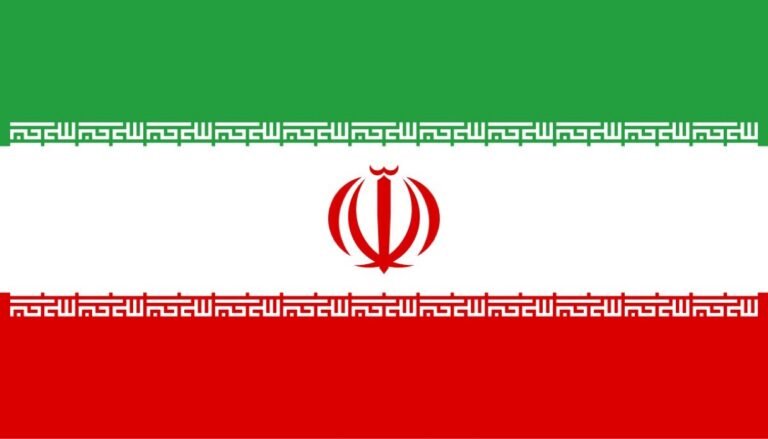
U.S. and Thailand Announce Historic Trade Framework, Set to Eliminate Nearly All Tariffs
In a significant move to reshape their economic relationship, the United States and the Kingdom of Thailand have reached a Framework for an Agreement on Reciprocal Trade. The deal, announced by the U.S. Trade Representative, promises to unlock unprecedented market access for American businesses and farmers by eliminating tariff barriers on approximately 99% of all goods traded between the two nations.
The framework is positioned as a major step in rebalancing the bilateral trade relationship. The White House stated the agreement will “provide American exporters with access to Thailand’s market while bolstering U.S. national and economic security.”
Key Components of the Agreement
The comprehensive framework tackles a wide range of trade issues beyond tariffs:
· Market Access: Thailand has committed to eliminating tariffs on a full range of U.S. industrial and agricultural products. In return, the U.S. will maintain a 19% reciprocal tariff rate for most Thai imports, with certain products identified for a zero percent rate.
· Breaking Down Barriers: A major focus is on dismantling non-tariff barriers that have hindered U.S. exports. Thailand has agreed to accept U.S. standards for vehicles, medical devices, and pharmaceuticals, and to issue permits for U.S. ethanol. It will also amend its customs laws and adopt better regulatory practices.
· Digital Trade & Services: The two nations will finalize commitments to ensure the free flow of data, refrain from imposing digital services taxes, and support a permanent moratorium on customs duties for electronic transmissions. Thailand has also committed to easing foreign ownership rules in its telecommunications sector.
· Intellectual Property & Labor: The deal includes provisions to strengthen the protection and enforcement of intellectual property rights. Furthermore, Thailand has committed to improving labor protections, including working to amend its laws to strengthen workers’ rights to association and collective bargaining.
· Economic Security: The framework includes cooperation to increase supply chain resilience and address unfair trade practices from third parties.
Substantial Commercial Deals Announced
Alongside the trade framework, the two countries noted forthcoming commercial deals between U.S. and Thai companies valued at tens of billions of dollars. These include:
· $2.6 billion per year in purchases of U.S. agricultural products like feed corn and soybean meal.
· $5.4 billion per year in purchases of U.S. energy products, including liquefied natural gas and crude oil.
· $18.8 billion for the procurement of 80 U.S.-manufactured aircraft.
A Path to a Balanced Relationship
The agreement is seen as a direct response to the U.S. goods trade deficit with Thailand, which was $45 billion in 2024 and ranks as the 11th largest for the United States. The White House stated the deal aims to “liberate America from unfair trade practices” and advance President Trump’s agenda of achieving “balanced, reciprocal trade.”
In the coming weeks, negotiators will work to finalize the Agreement on Reciprocal Trade to lock in the benefits for American businesses, farmers, and workers.








